Small choices you make today could literally shape the planet your grandkids inherit.
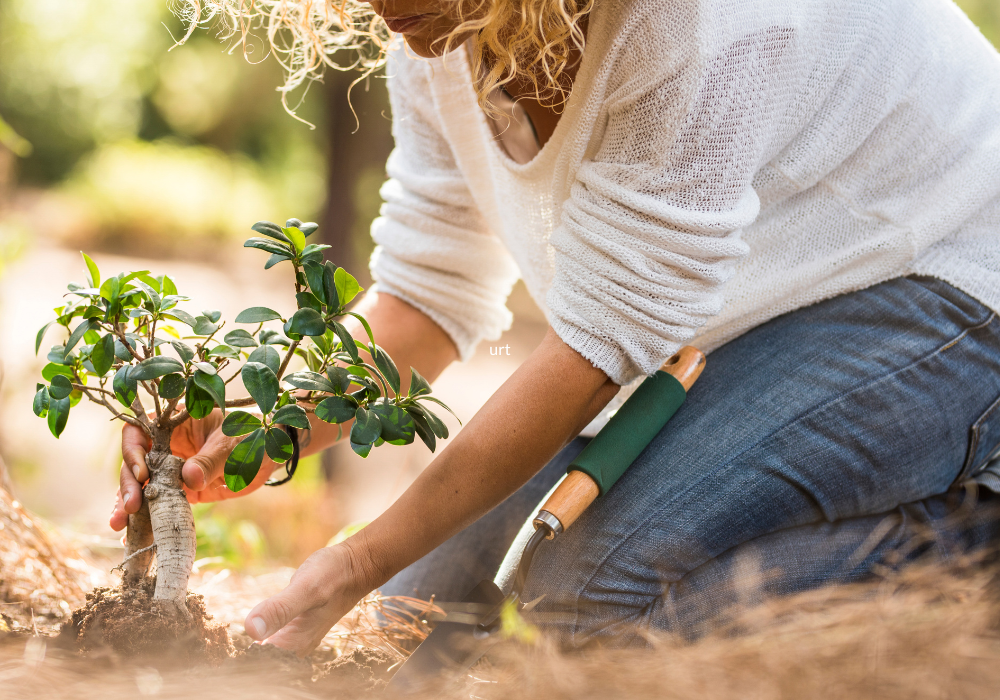
You might feel like nothing you do can stop the planet from burning—but that’s not true. If you’ve been carrying around a quiet sense of dread every time another climate headline flashes across your screen, you’re not alone. It’s overwhelming, right? The wildfires, the floods, the record-breaking heat—it’s enough to make you want to crawl under the covers and binge old sitcoms. But that helpless feeling?
It’s not the whole story. You actually have more power than you think. You don’t need a degree in environmental science or a compost bin the size of your SUV to start making a difference. The truth is, your daily choices—some tiny, some bold—add up to real impact when it comes to caring for this earth we all share. So if you’re tired of feeling like you’re just along for the ride, it might be time to reclaim your role as a steward of the planet.
1. Stop pretending your recycling habit is enough to save the planet.
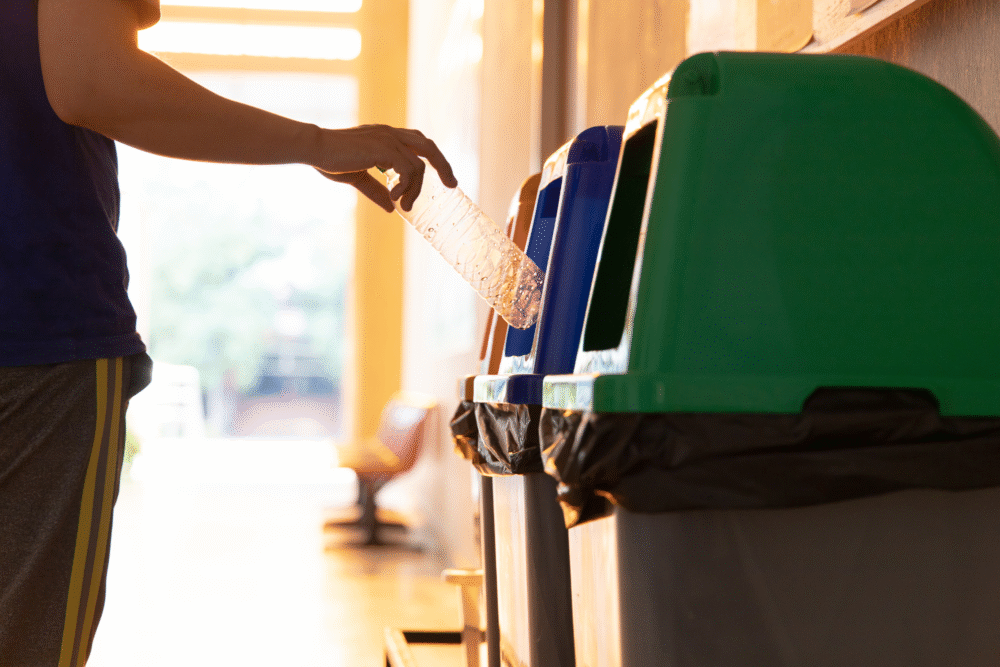
Recycling feels good, right? You toss your cans and cardboard in the blue bin and pat yourself on the back. But if that’s where your environmental efforts stop, it’s like putting a Band-Aid on a broken leg. The harsh truth? Most of what you toss into recycling never actually gets recycled—especially plastics. It’s not your fault; the system’s flawed. But believing your weekly recycling routine gives you a free pass to consume endlessly or ignore bigger changes is a trap. It’s a comforting illusion, not a climate solution, according to the authors at Science Direct.
That doesn’t mean recycling is useless—it’s just not the hero of the story. If you want to make a real dent, you’ve got to start thinking bigger: cut down on single-use anything, buy less stuff, and support brands that aren’t trashing the planet. Recycling is a tiny tool in your toolbox, not the whole fix.
2. Quit buying cheap stuff just because it’s cheap.

You know the thrill of scoring a deal—five-dollar t-shirts, discount home gadgets, fast fashion galore. But every cheap thing you grab without thinking comes with a hidden price tag: pollution, waste, and often unethical labor, as stated by the authors at Get Rich Slowly. The planet can’t keep up with our bargain-bin addiction. Cheap stuff usually breaks fast, wears out quickly, or ends up forgotten in the back of a closet. And replacing it over and over just fuels more production and landfill overflow.
Buying less and choosing quality over quantity doesn’t mean becoming a minimalist monk—it means being intentional. It means asking, “Will I still want this in a year?” or “Was this made in a way that respects the planet and the people on it?” When you shop that way, you stop being a passive consumer and start acting like someone who gives a damn. And that’s way more powerful than scoring a deal.
3. Stop treating plant-based eating like it’s an all-or-nothing club.

You don’t need to swear off burgers forever or start labeling yourself a vegan just to make a real impact, as stated by Rebecca Stonor at Doctors for Nutrition. A lot of people think going plant-based is this dramatic lifestyle overhaul—and that mindset keeps them stuck. But the truth? Swapping out meat a few days a week actually does make a difference. Agriculture, especially factory farming, is a massive driver of greenhouse gas emissions.
Cutting back on meat and dairy, even occasionally, lightens your carbon footprint more than you’d think. Plus, it’s easier than ever with all the options out there. Think of it like climate-conscious flexibility. Maybe you do Meatless Mondays or just replace beef with beans or lentils when it makes sense. You don’t need to be perfect. You just need to be aware—and willing to experiment. The planet isn’t asking you to give up joy. It’s just asking you to shift your habits a little.
4. Ditch the myth that you need to travel far to experience something amazing.

You might think the only way to have a memorable getaway is by hopping on a plane and crossing oceans. But those flights? Major carbon emitters. And half the time, you come back more exhausted than inspired. The good news is, you don’t have to go far to recharge or explore.
There’s probably a killer hiking trail an hour from your house or a charming small town you’ve never visited. Staycations, road trips, train rides—they all offer adventure without torching the planet. And the best part? You slow down. You pay attention. You actually enjoy where you are instead of racing to cram in bucket-list spots like a stressed-out tourist. Travel doesn’t have to mean distance. It can mean depth, connection, and choosing places that don’t leave behind a trail of emissions. Your wanderlust doesn’t need wings—it just needs a fresh perspective.
5. Stop acting like your voice doesn’t matter in politics.

It’s easy to roll your eyes at politics and feel like nothing changes no matter who’s in charge. But the people making environmental policies? They’re directly shaping the future of this planet. Your vote, your voice, your emails—they all count. Skipping elections or staying quiet on climate issues because you think it won’t matter just hands the power over to people who couldn’t care less about sustainability.
And those people? They’re counting on your silence. You don’t need to be a political junkie or know every bill in Congress. You just need to show up. Support candidates who give a damn about the environment. Sign petitions. Share real information. And yes, vote every single time. The climate crisis isn’t waiting for the next administration to sort itself out. The more regular people get loud and persistent, the harder it becomes for leaders to ignore us.
6. Cut ties with brands that couldn’t care less about the environment.

We all have our go-to brands, but if those companies are wrecking the planet and pretending they aren’t, it’s time to walk away. Greenwashing is everywhere—slapping a leaf on the label or saying “eco-friendly” doesn’t mean anything without action behind it. You’ve got power in your wallet. Companies pay attention when customers stop buying. So dig a little. Look into how they manufacture, ship, and package their stuff. Do they give back? Are they working toward sustainable goals, or are they just making noise? It’s not about being perfect—it’s about shifting your support to businesses that are at least trying.
When enough of us do that, big companies start scrambling to keep up. You’re not just one person making a purchase. You’re part of a bigger demand for accountability. And that quiet boycott? It can be louder than you think.
7. Don’t wait until disaster strikes to prep for climate chaos.
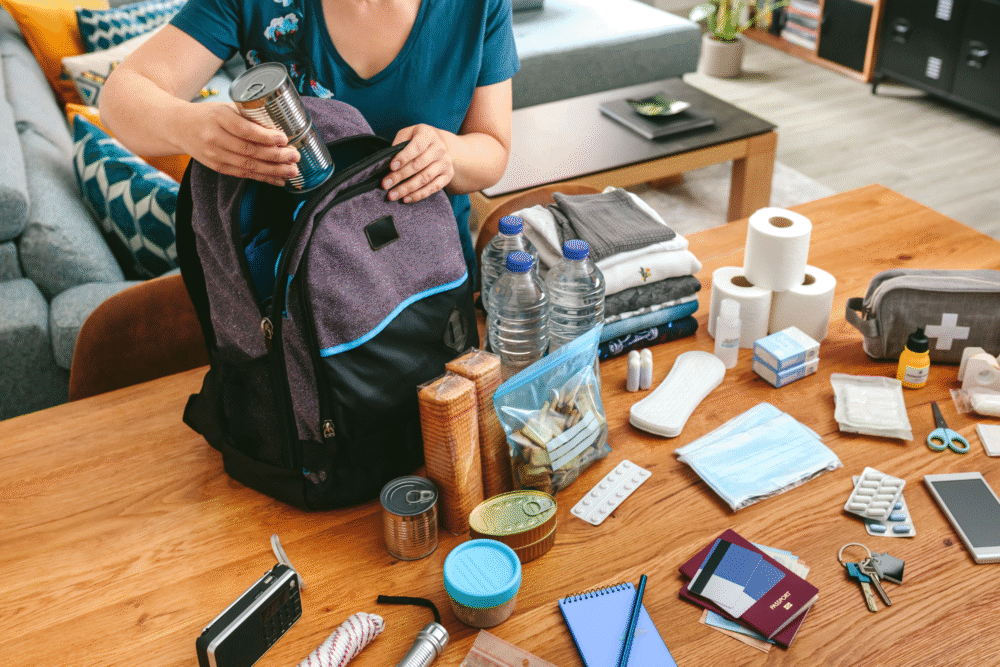
You might not want to think about wildfires, floods, or blackouts—but they’re becoming part of everyday life. Hoping it won’t hit your area doesn’t count as a plan. If you don’t have a basic emergency kit, backup power options, or even an evacuation strategy, you’re leaving yourself vulnerable. And worse? You’re likely to panic when things go sideways, which makes everything harder. Prepping isn’t just for doomsday folks.
It’s smart, responsible, and increasingly necessary. Know your risks. Understand your area’s weather patterns and weak spots. Have supplies on hand—not because you’re paranoid, but because you’re paying attention. The climate isn’t getting calmer. Being ready doesn’t mean living in fear. It means you’re acknowledging reality and choosing to respond with some control and foresight. And that’s empowering.
8. Stop putting off the switch to clean energy at home.
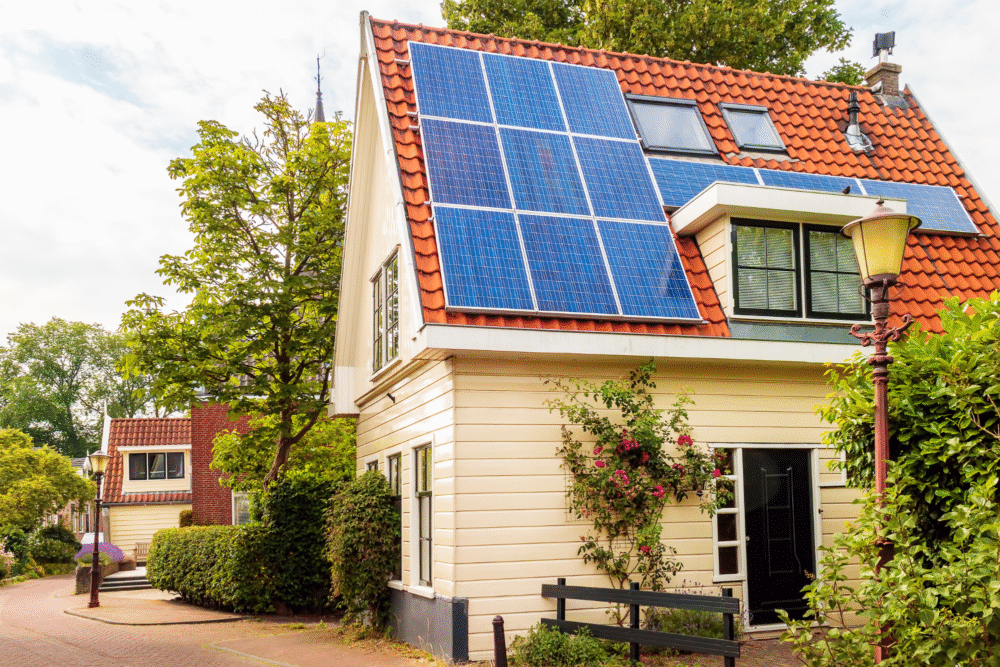
You don’t need to wait until you build your dream green home to start using clean energy. Switching to renewable sources like solar, wind, or even opting into a green energy program with your utility provider can start right now. And the benefits go way beyond just shrinking your carbon footprint. You often end up saving money over time, plus your home becomes more resilient if the grid takes a hit. The thing that holds people back? It feels complicated. But it’s gotten easier. More accessible. There are incentives, rebates, and companies that’ll walk you through the whole process. You don’t have to do it all at once.
Start with solar panels, a smart thermostat, or energy-efficient appliances. Every upgrade counts. If you keep waiting for the “perfect time,” you’ll miss the chance to be part of the transition that’s already underway. You can join it—or get left behind.
9. Quit ignoring how much your money supports (or sabotages) the planet.

Most people don’t think about their bank account as a weapon for climate change—but it totally is. The money in your checking, savings, and investment accounts? It’s being used behind the scenes. Many major banks are still funneling billions into fossil fuel projects. So even if you’re doing everything right on the surface—recycling, driving less, eating plant-based—your dollars could be undoing all of it. Moving your money to ethical banks, credit unions, or green investment firms is one of the most powerful, underrated acts you can take.
It sends a message. It supports better projects. And it cuts off the pipeline of cash funding the industries doing the most damage. You might need to do a little digging to find the right fit, but it’s worth it. Your money has a voice, whether you realize it or not. Make sure it’s saying something that reflects your values.
10. Don’t assume your lifestyle can stay the same in a warming world.
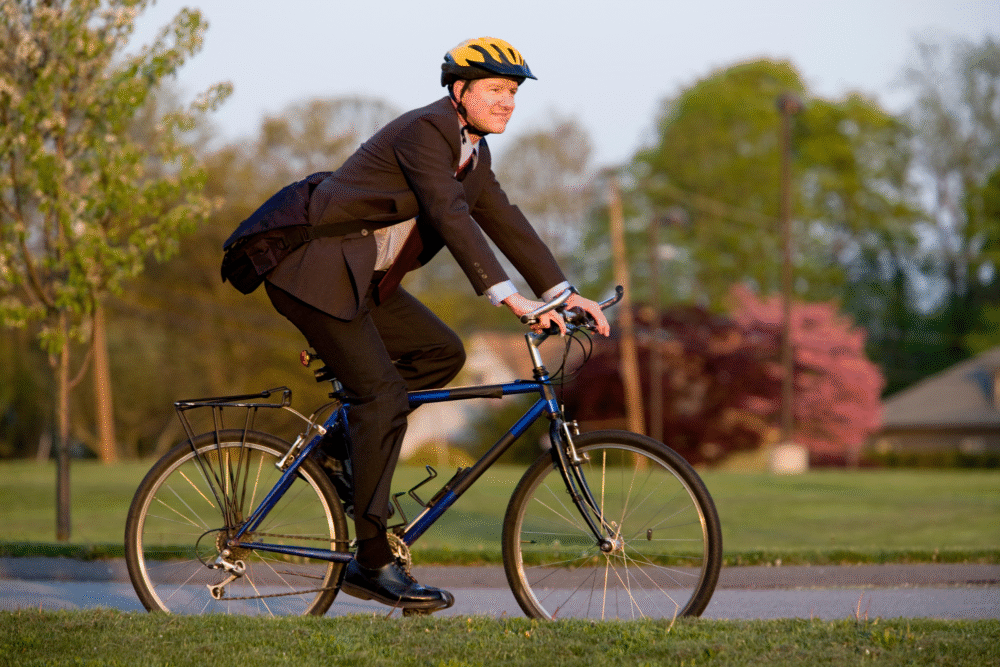
You probably like your routines. We all do. But pretending you can live exactly the way you always have, while the climate keeps spiraling, is denial wrapped in privilege. Comfort can be blinding. It’s tempting to avoid change until it’s forced on you—but by then, the damage is worse. Start adapting now.
Maybe that means installing better insulation, biking more, cutting down on air travel, or rethinking how you cool your home. These aren’t punishments—they’re smart shifts that make you less dependent on systems that are cracking under climate pressure. When you start thinking ahead, you’re not just protecting yourself—you’re helping build a culture of resilience. Because the longer we cling to “normal,” the harder the fall. Letting go of some habits today means fewer regrets tomorrow. Adaptation isn’t giving up. It’s getting ready.
11. Stop acting like you’re powerless just because you’re not a scientist or activist.
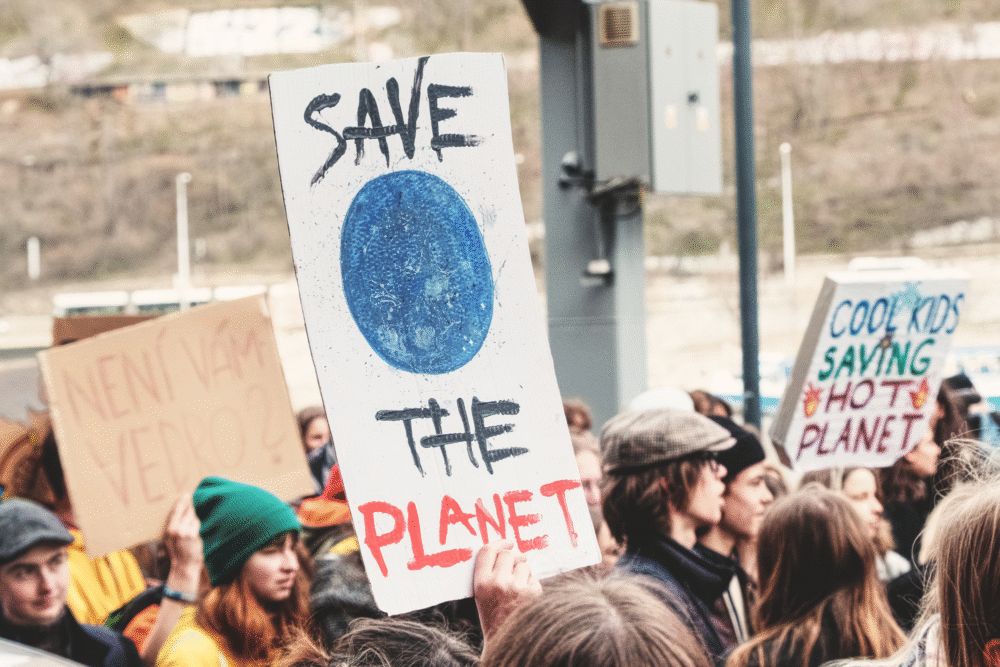
You don’t need to be marching with a megaphone or running climate models to matter in this fight. Waiting until you feel “qualified” or “perfectly informed” just wastes time—and gives you a convenient excuse to stay on the sidelines. But you? You’ve got influence. The way you talk about the climate with friends, the posts you share, the stuff you support or boycott, how you raise your kids, how you show up—those things ripple out.
You might never see the full impact, but it’s real. Change starts with people doing what they can, where they are, with what they have. You’re already in this story. You just have to decide whether you’re going to be a passive bystander or an engaged participant. You’re not powerless. You’re part of the solution—or at least, you can be.